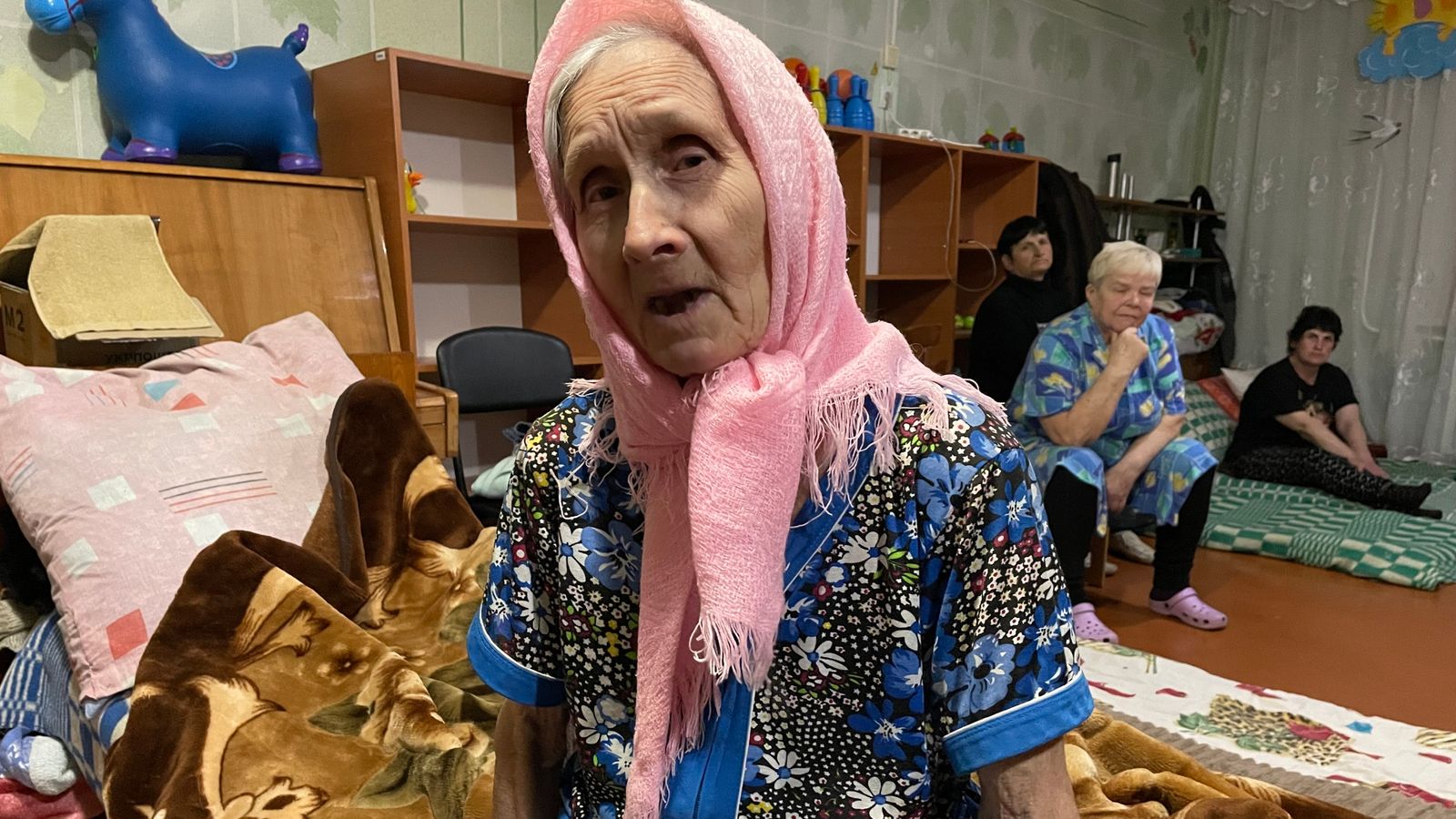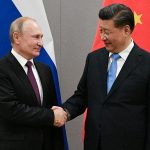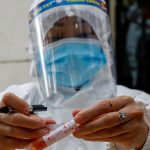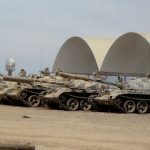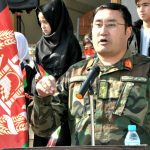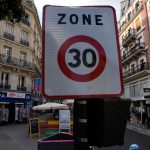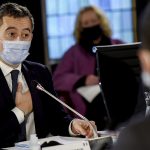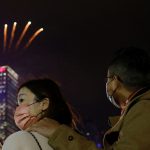Vladimir Putin’s vision of a quick and decisive victory in Ukraine has come to little.
His ‘special operation’ has stalled on the outskirts of Kiev and Kharkiv and his generals have drawn up new plans.
Reformulating its objectives in the face of stiff Ukrainian resistance, the Russian military says it will focus on “liberating” Ukraine’s eastern Donbass region in an attempt to secure battlefield success.
Yet the people of eastern Ukraine have already witnessed fierce fighting and residents in and around the city of Izyum told us they feared annihilation at the hands of the Russians.
In the towns and villages that surround this provincial city of 50,000, we saw schools that had been obliterated by precision strikes, health clinics reduced to rubble by shelling and ordinary houses destroyed by airbourne assaults.
“They do it at night,” said a welder called Mykola Shaposhnyk, who lived in a village called Hrushuvakha. “The planes fly low. They were bombing so slowly, not in a rush, not in a rush.”
Mr Shaposhnyk guided us around the ruins of the family home.
Roman Abramovich peace talks: Just how involved is the Chelsea owner in Ukraine-Russia negotiations?
Cash-strapped councils face steep costs for breaking off Russian energy contracts
Roman Abramovich and Ukrainian peace negotiators were reportedly victims of poisoning – but US casts doubt
“What do you think the point of this is?” I asked.
“He is erasing the population, maybe to try and make people leave the place. Destroying Ukraine, definitely. Even my father, who lived through the (second world) war, said the Germans didn’t do this. They burnt the village when they were leaving, this time, they burn it before they enter.”
With this he moved away, for he did not want to let us see him cry.
Ukraine war live updates: Russia suggests it could cut European gas
Russia has long had its eyes on eastern Ukraine, backing separatist-run enclaves in the regions of Donetsk and Luhansk since 2014.
But its territorial ambitions are not supported by the majority in this area.
I asked Oleksandr Balo, the mayor of the nearby town of Barvinkove, whether he was ready to be liberated by the Russians.
“Look around you,” he said, glancing at the remains of a burnt-out school. “This is what they call liberation. Look around, it’s the same in every village. We’ll drive around and you’ll see more.”
Relatively little is known about the situation inside the city of Izyum.
Much of it has been destroyed after two weeks of intense fighting and Izyum’s mayor, Valerii Marchenko, estimates some 20,000 are still trapped inside the city.
Mr Marchenko fled the city on 13 March in an organised convoy of 60 buses, but many residents remained in Izyum and he says they have been cut off ever since.
Begging for food and medicine
“People have been hiding in shelters for the past few weeks. They are getting sick and dying and you can’t bury them.
“There are a lot people under the rubble of big buildings… the situation is really critical, there is no electricity, no water, no heat, no (telephone) signal, it is genocide in our city, just genocide. The Russians won’t let us (send in supplies).”
“What are you hearing from people in Izyum right now?” I asked.
“There are no connections (in the city) but there are places they’ve discovered on hills where they can find a weak phone signal and they call us.
“They are begging us to help them, beg us to evacuate them, beg for food and medicine. They say there are a lot of injured people including children.”
Mr Marchenko said it was difficult to find the words to describe how he felt but he fears nothing less than a catastrophe.
